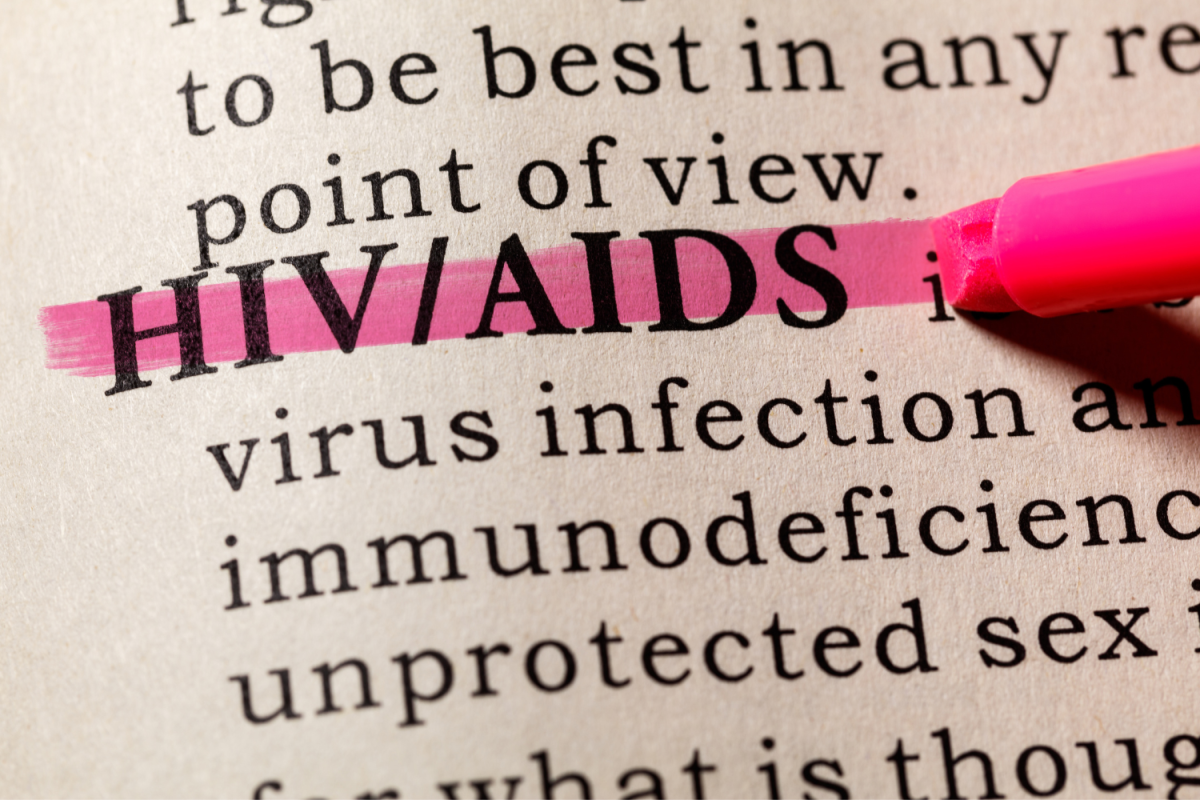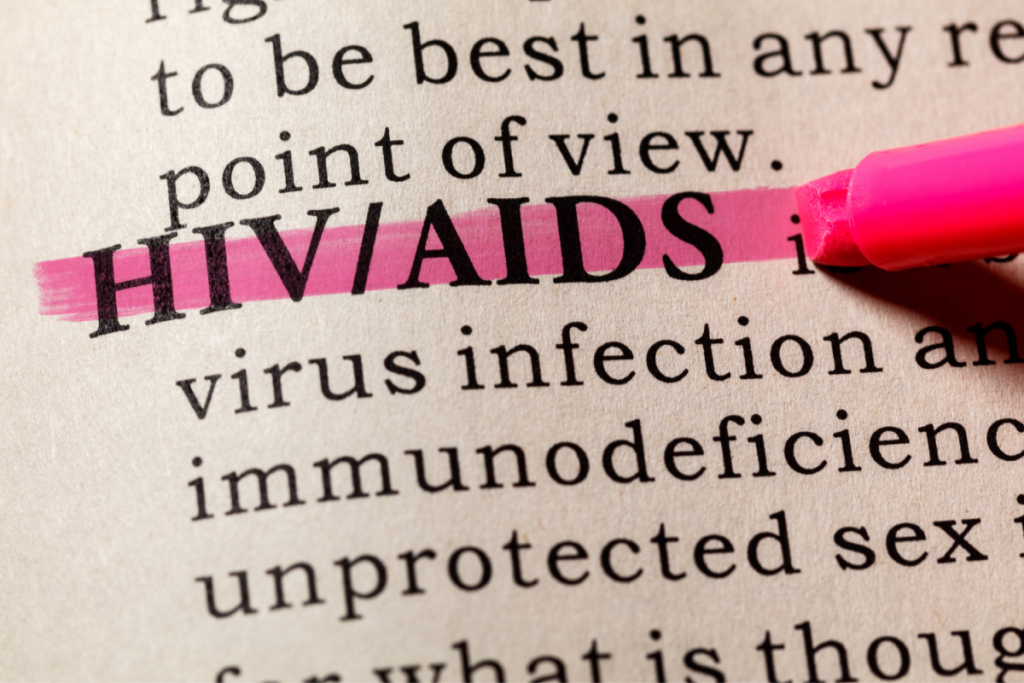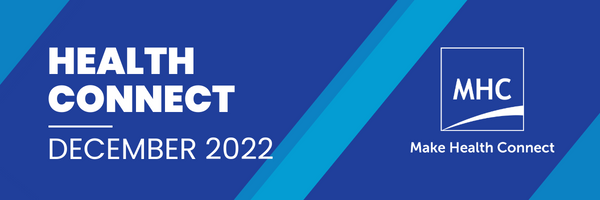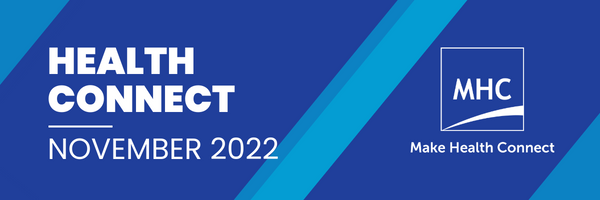
Prostate Cancer: What Singaporean Men Should Know
About a thousand Singaporean men died of prostate cancer from 2015 to 2019. This makes this illness an important issue in men’s health. The prostate is a small gland found just below the bladder in males. It wraps around the tube, called the urethra, through which urine passes from the bladder to the penis. It produces some of the fluid that forms part of semen. It tends to grow as a man ages, constricting the urethra and decreasing the flow of urine. Sometimes, its cells can grow out of control, and that is when prostate cancer occurs.
Prostate cancer statistics
Prostate cancer was the second most prevalent cancer in men in Singapore from 2015 to 2019. 5,875 men had it diagnosed, accounting about 15.4% of all cancers found. It came in second only to rectum and colon cancers in men, which accounted for 16.9% of all cancer cases. By 2020, prostate cancer was third at 15.1%.
Male Chinese and Indians had prostate cancer at a rate that ranked second among all ethnic groups while it ranked fourth among Malays.
It was the most prevalent type of cancer among people aged 70 to 79 and the second most common cancer among men in Singapore between the ages of 50 and 69. At 80 years of age and beyond, it was the third most common cancer in men after cancers of the lung and cancers of the colon and rectum. It was not one of the common cancers that affected men younger than 50 years old.
Prostate cancer was the fourth most common cancer-related cause of death in Singapore for men during 2015 to 2019. There were 989 such deaths, contributing 6.3% to the total. On a positive note, there is a high rate of avoiding prostate cancer death within 5 years.
Symptoms of Prostate Cancer
Remember that the prostate gland wraps around the urethra, and a growing cancer narrows the passages for urine. So, trouble urinating or a decrease in the force of urine’s flow may be warning signs of prostate cancer. Pain during urination and an increase in the frequency of needing to urinate are also symptoms of prostate cancer. The cancer in the prostate may cause some bleeding, and that may show up as blood in the urine or semen. It is also possible for the cancer to cause problems with a man’s capability to have and maintain an erection.
Like other cancers, prostate cancer can cause weight loss. If the cancer spreads to other parts of the body, it can cause problems in the areas affected. For example, it can cause pain once it spreads into the bones, causing pain in the back, hips, or other affected bony areas.
All these symptoms depend on the kind of cancer present in the prostate. Most of the time, prostate cancer grows slowly and remains confined to the gland. In these cases, it takes several years before the problems become noticeable. In the early part of these cases, symptoms may not be present. In other cases, the cancer is aggressive and can spread quickly.
In any case, seek medical care if you experience the symptoms mentioned. The earlier you visit a men’s health clinic, the earlier you might have the problem diagnosed, and the better the chances of treatment become.
Causes of Prostate Cancer
Although the exact causes of this illness are unknown, there are known risk factors. Age, being 50 years old and above, is the greatest risk factor. As mentioned, Chinese are more likely to have it compared with Indians and Malays. Having a blood relative who had prostate cancer or a family member with genes that increase breast cancer risk both make you more likely to develop prostate cancer.
Lifestyle and diet also matter to men’s wellness in terms of prostate cancer risk. Smoking and a diet rich in fat while being low on fibre both increase the risks.
High testosterone levels increase the risk. Sexual activity does not.
Prostate cancer screening and prevention
Because not all cases can have symptoms, you should visit the medical clinic for your men’s health check up. Have a men’s health screening for prostate cancer if you have symptoms or if you are 50 years old or above. You can ask for earlier screening if you have risks from your family history.
There are no specific means of prevention as there are no specific causes to target. At best, you should strive to remain healthy, avoid smoking, and eat a healthy diet. Watch out for the symptoms, now that you are armed with knowledge, and have yourself screened if necessary.
References
1. Centers for Disease Control and Prevention. Prostate Cancer. https://www.cdc.gov/cancer/prostate/basic_info/what-is-prostate-cancer.htm. Last reviewed 25 Aug 2022.
2. Singapore Cancer Registry, Health Promotion Board. Singapore Cancer Registry Annual Report 2019. National Registry of Diseases Office.
3. International Agency for Research on Cancer. Cancer Today. https://gco.iarc.fr/today/online-analysis-pie?v=2020&mode=cancer&mode_population=continents&population=900&populations=702&key=total&sex=1&cancer=39&type=0&statistic=5&prevalence=0&population_group=0&ages_group%5B%5D=0&ages_group%5B%5D=17&nb_items=7&group_cancer=1&include_nmsc=1&include_nmsc_other=1&half_pie=0&donut=0.
4. Mayo Clinic. Prostate Cancer. https://www.mayoclinic.org/diseases-conditions/prostate-cancer/symptoms-causes/syc-20353087. 2022.
5. SingHealth. Prostate Cancer. https://www.singhealth.com.sg/patient-care/conditions-treatments/prostate-cancer. 2021.
6. Singapore Cancer Society. Prostate Cancer. https://www.singaporecancersociety.org.sg/learn-about-cancer/types-of-cancer/prostate-cancer.html#risk-factors. 2016.























